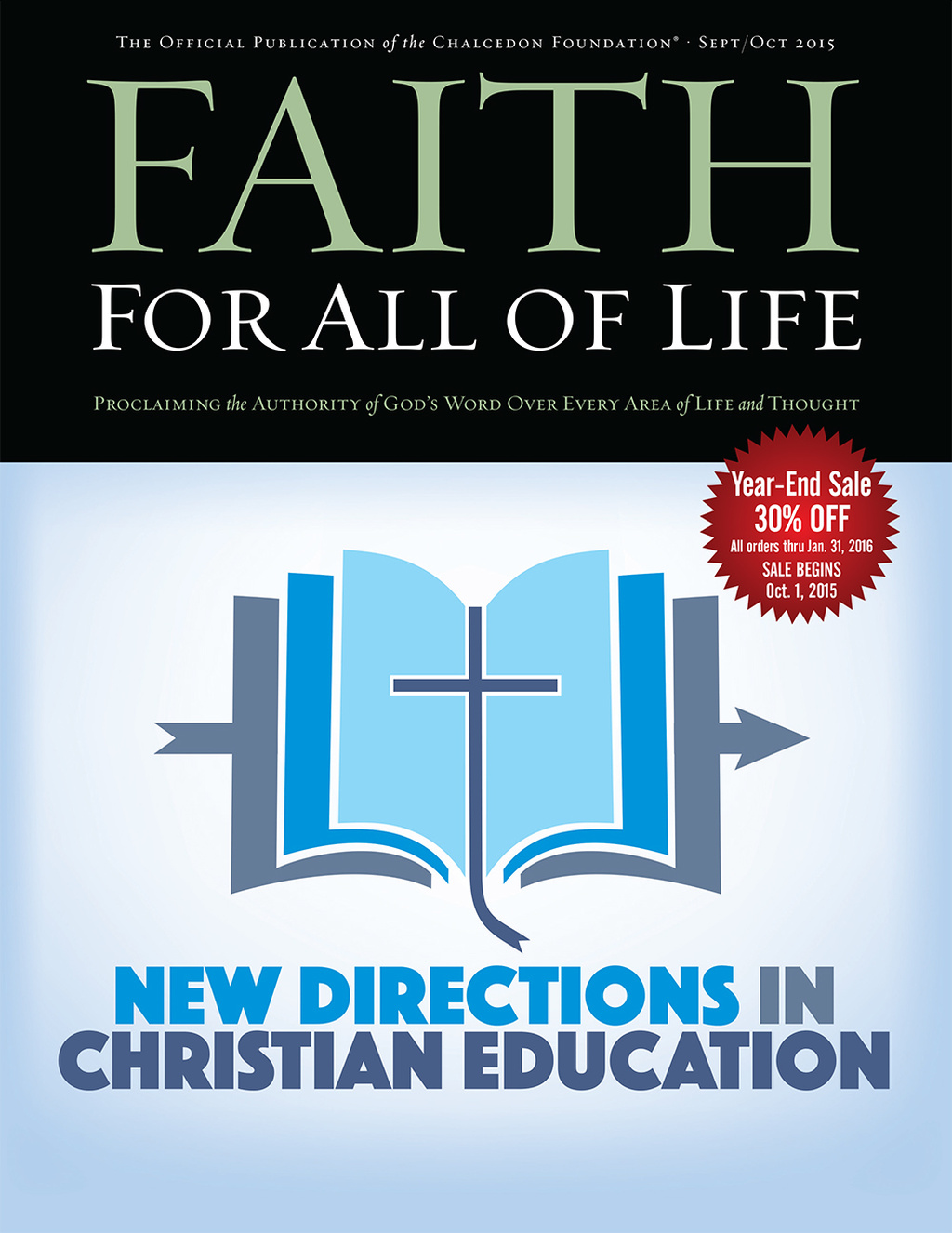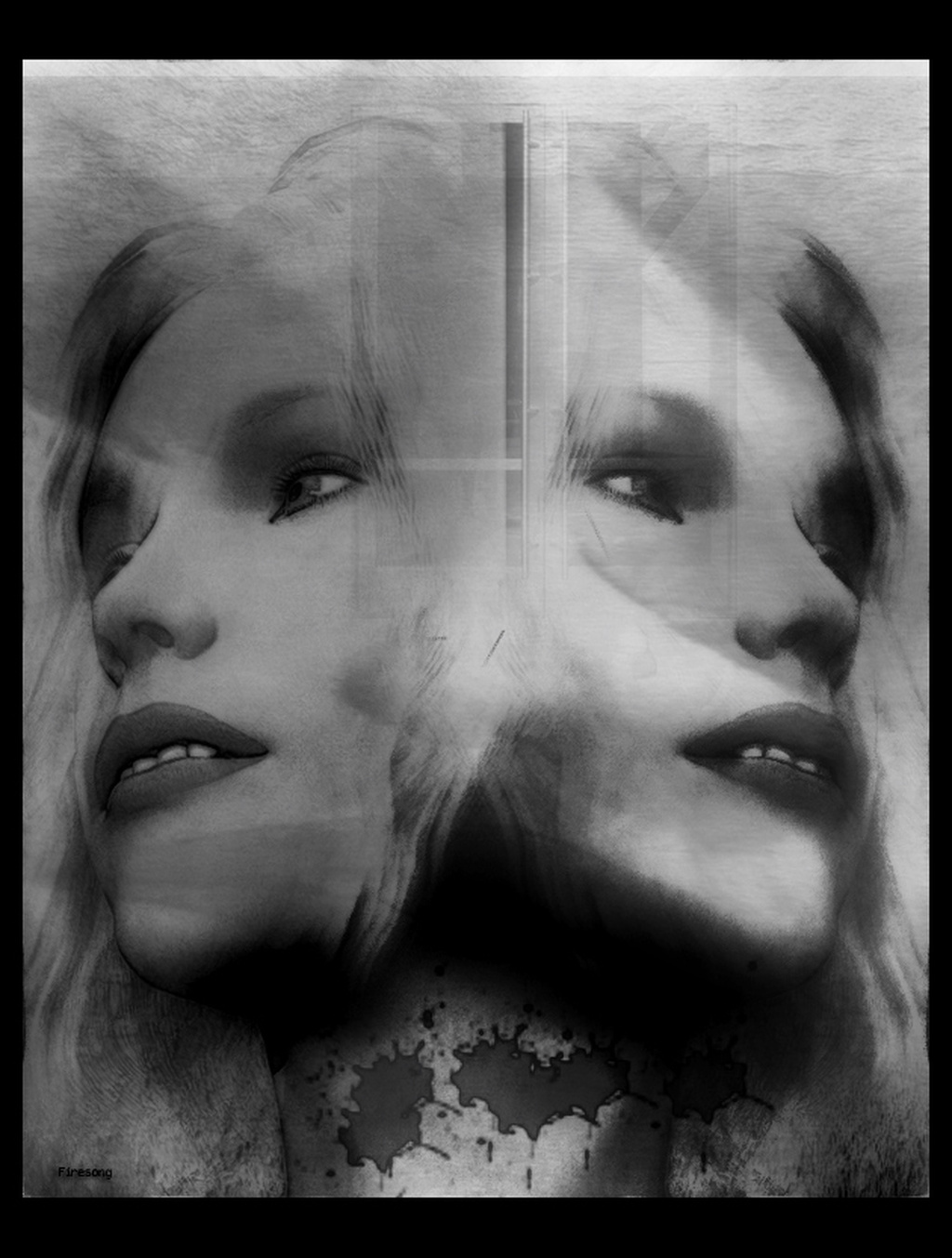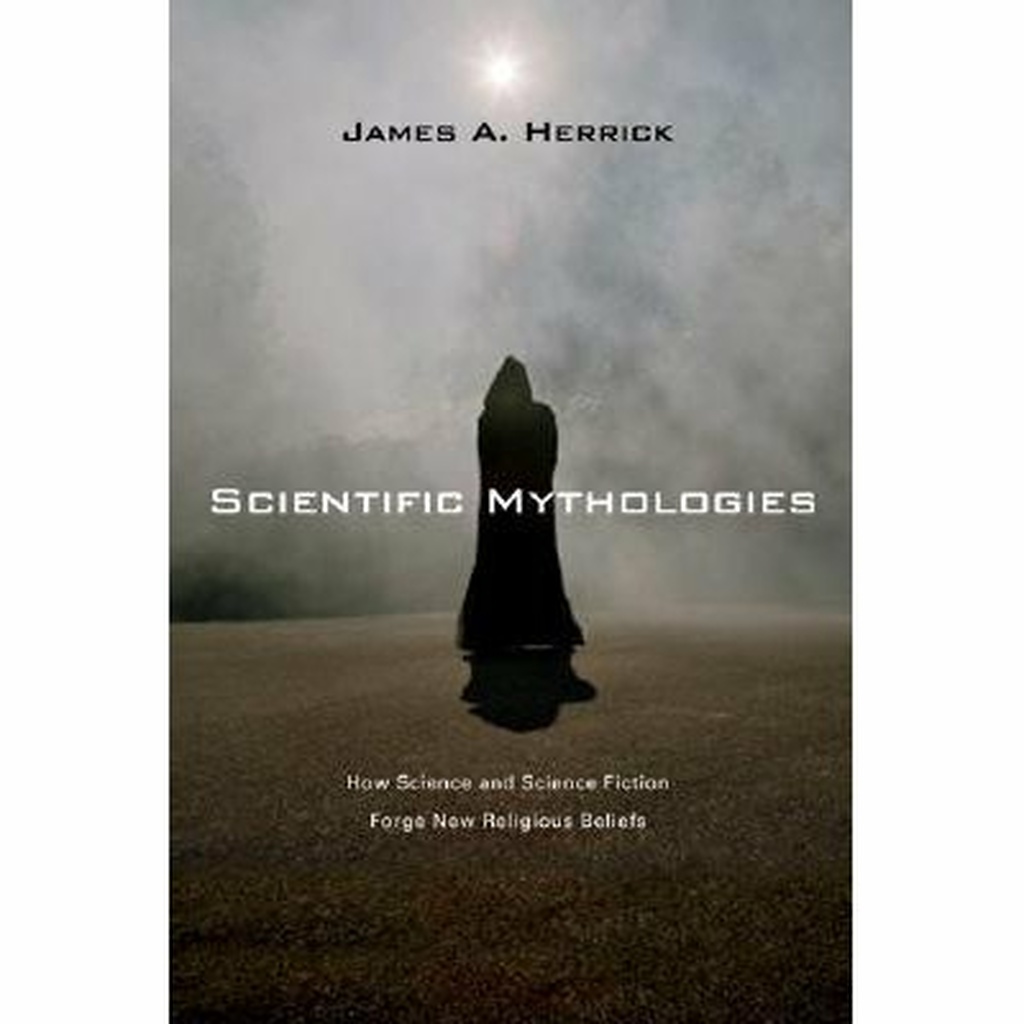
Magazine Issue
New Directions in Christian Education
September-October 2015 Articles:
The Kingdom is Advancing, But Keep Working

- Mark R. Rushdoony
Dr. Kishore Encounters the Dedication of the State (10)

- Martin G. Selbrede
Rushdoony and Books
- Ben House

New Jersey Pioneers New Directions in Christian Education: A Case Study
- James Patterson

Alloyed Loyalties

- Andrea G. Schwartz
The Gospel Has Left the Building
- James Leavenworth

A Review of Scientific Mythologies

- Lee Duigon